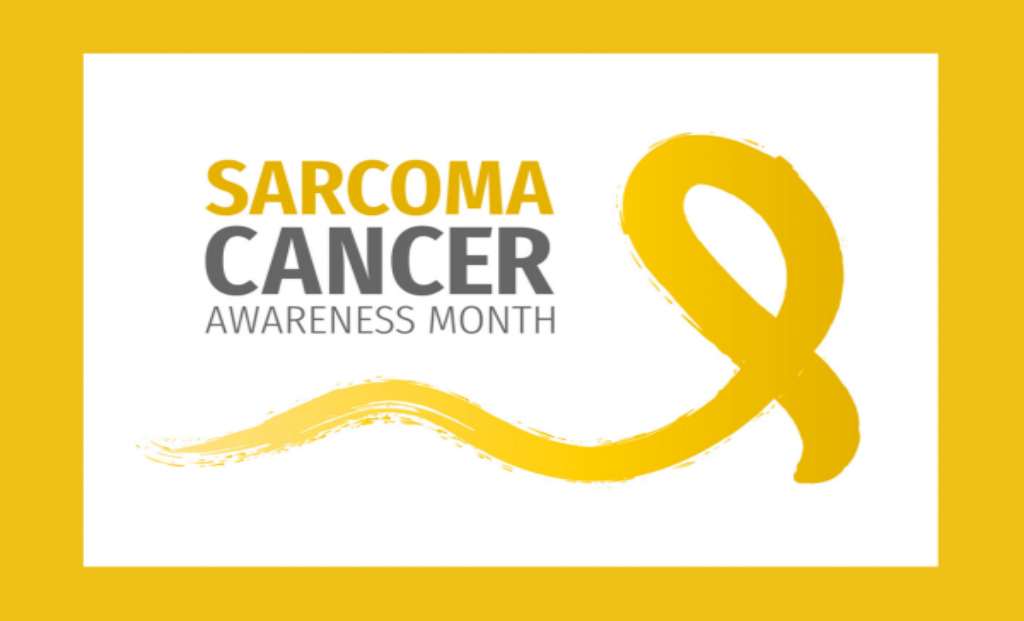Sarcoma Awareness Month Highlights the Need for Research and Therapies
In an effort to raise awareness about sarcoma, a type of cancer often overlooked and referred to as the “forgotten cancer,” Sarcoma Awareness Month serves as a platform to emphasize the challenges faced by sarcoma patients and the urgent need for more research and improved therapies. Soft tissue sarcoma, which affects the softer parts of the body, primarily the limbs but occasionally other areas such as the chest, face, and abdomen, is a complex disease that requires further understanding.
Expert Insights: Dr. Amit Bhargava Explains the Complexities of Soft Tissue Sarcoma
Dr. Amit Bhargava, Senior Consultant in Medical Oncology at Fortis Escorts Hospital, Faridabad, sheds light on the causes and risk factors associated with soft tissue sarcoma. While the exact causes of this cancer remain difficult to pinpoint, Dr. Bhargava explains that most cases occur in individuals without identifiable risk factors. However, certain factors can increase the risk. Family history plays a significant role, particularly in conditions like Li-Fraumeni syndrome, which predispose individuals to various cancers, including soft tissue sarcomas. Close monitoring is recommended for those with a family history of cancer.
Identifying Risk Factors: Family History and Radiation Exposure among Key Factors
Apart from family history, other risk factors include neurofibromatosis, a benign nerve tumor that can run in families and increase the incidence of soft tissue sarcoma. Additionally, certain childhood cancers, such as retinoblastoma, have been linked to a higher risk of developing sarcomas during adulthood. Furthermore, high doses of radiation exposure, often used in cancer treatment, can increase the chances of developing blood cancers and soft tissue sarcomas. Occupational exposure to certain chemicals has also been associated with an elevated risk.
Importance of Regular Check-ups: Early Detection and Prevention of Soft Tissue Sarcoma
Despite the presence of these risk factors, it is essential to note that individuals may still develop soft tissue sarcoma without any identifiable factors, while others may possess risk factors without developing the disease. To mitigate the potential risks and consequences of sarcoma, regular check-ups with an oncologist are highly recommended. Early detection through screenings and proactive monitoring can greatly improve outcomes and increase the chances of successful treatment.











